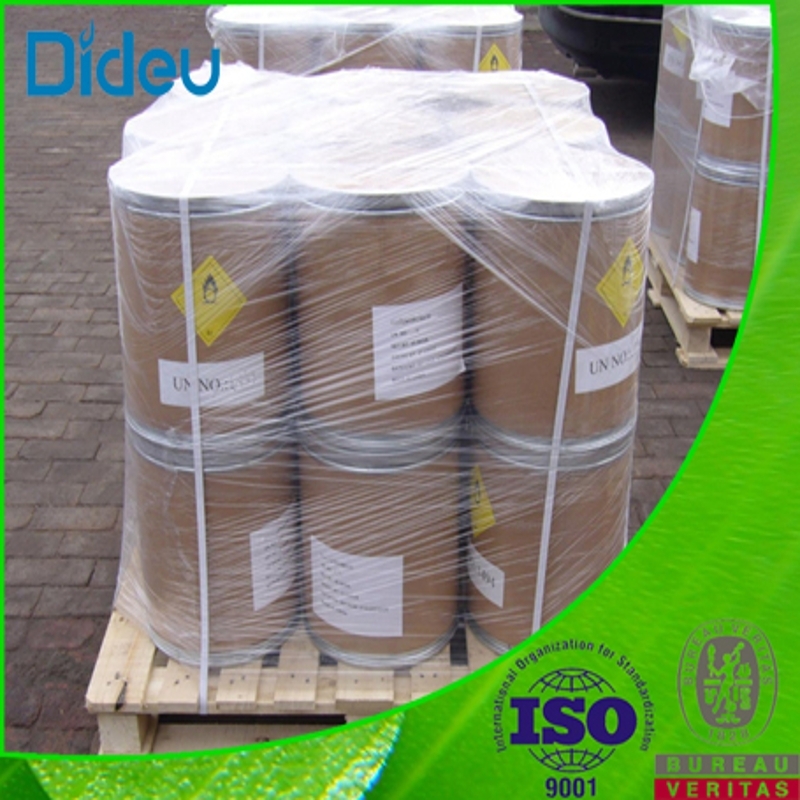-
Categories
-
Pharmaceutical Intermediates
-
Active Pharmaceutical Ingredients
-
Food Additives
- Industrial Coatings
- Agrochemicals
- Dyes and Pigments
- Surfactant
- Flavors and Fragrances
- Chemical Reagents
- Catalyst and Auxiliary
- Natural Products
- Inorganic Chemistry
-
Organic Chemistry
-
Biochemical Engineering
- Analytical Chemistry
-
Cosmetic Ingredient
- Water Treatment Chemical
-
Pharmaceutical Intermediates
Promotion
ECHEMI Mall
Wholesale
Weekly Price
Exhibition
News
-
Trade Service
In recent studies, circulating thromboreactive protein-2 (TSP2) levels have been linked
to the development of heart failure.
However, these studies included only a small number of people with type 2 diabetes, which was associated
with an increased risk of heart failure.
Due to the increased expression of TSP2 induced by hyperglycemia and its tissue expression in type 2 diabetes, a research article was published in Cardiovasc Diabetol, an authoritative journal in the field of cardiometabolic diseases, in which researchers analyzed the prospective association between circulating TSP2 levels and hospitalization for heart failure, and its association
with longitudinal changes in echocardiographic parameters for type 2 diabetes.
The researchers measured serum TSP2 levels at baseline in 4949 patients with type 2 diabetes and used multivariate Cox regression analysis to determine its correlation
with HF hospitalization events.
In the echocardiogram study, researchers measured serum TSP2 levels at baseline in an additional 146 patients with type 2 diabetes but no cardiovascular disease, who underwent detailed transthoracic echocardiography
at baseline and 1 year later.
During a median follow-up of 7.
8 years, 330 (6.
7%) of 4949 patients were hospitalized
for heart failure.
Baseline serum TSP2 levels were independently associated with the occurrence of HF hospitalizations after adjustment for baseline routine cardiovascular risk factors, atrial fibrillation, estimated glomerular filtration rate, proteinuria, and high-sensitivity C-reactive protein levels, use of ACE inhibitors, angiotensin receptor blockers, cyclodiuretics, aspirin, insulin, metformin, and sodium-glucose cotransporter 2
inhibitors 。 In addition, baseline serum TSP2 levels were independently associated with an increase in mean E/E′ and left atrial volume index (p=0.
04 and <0.
01).
It can be seen that serum TSP2 levels are independently associated
with hospitalization and diastolic deterioration in patients with type 2 diabetes.
Original source:
CH Lee.
et al.
Prospective associations of circulating thrombospondin-2 level with heart failure hospitalization, left ventricular remodeling and diastolic function in type 2 diabetes.
Cardiovasc Diabetol.
2022.
https://cardiab.
biomedcentral.
com/articles/10.
1186/s12933-022-01646-x







